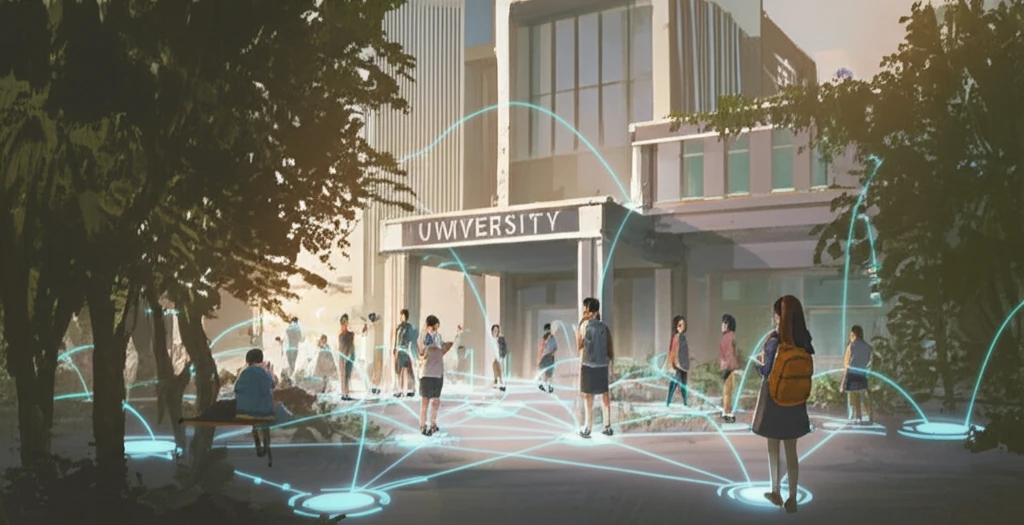
Unlock Student Loyalty: How Universities Can Build Stronger Bonds
"Creating a culture of intimacy and understanding to foster lasting connections with students."
In today's competitive educational landscape, student loyalty is more critical than ever. Universities are recognizing that fostering strong relationships with students goes beyond academics; it's about creating a supportive and engaging environment where students feel valued and understood.
Recent research highlights the importance of employee behavior in shaping student loyalty. By focusing on key factors like service quality, need understanding, and intimacy, universities can cultivate a stronger sense of connection and commitment among their student body.
This article explores the pivotal role of university staff in building student loyalty, offering insights and strategies for creating a campus culture that fosters lasting relationships with students.
Why Employee Behavior Matters: Building Intimacy and Understanding

The study emphasizes that when university employees demonstrate genuine care and understanding towards students, it significantly impacts student loyalty. This means going beyond the transactional aspects of service and creating meaningful interactions that foster a sense of belonging.
- Service Quality (SQLTY): Providing efficient and effective services that meet student needs.
- Need Understanding (NEEDUND): Demonstrating empathy and addressing individual student concerns.
- Intimacy (INTIMACY): Fostering a sense of connection and personal relationship between staff and students.
The Payoff of Prioritizing Student Relationships
By investing in training and motivating staff to exhibit these key behaviors, universities can create a ripple effect that enhances student loyalty, strengthens the campus community, and ultimately contributes to the institution's long-term success. Remember, fostering student loyalty isn't just about improving the student experience; it's about building a brighter future for the university as a whole.
